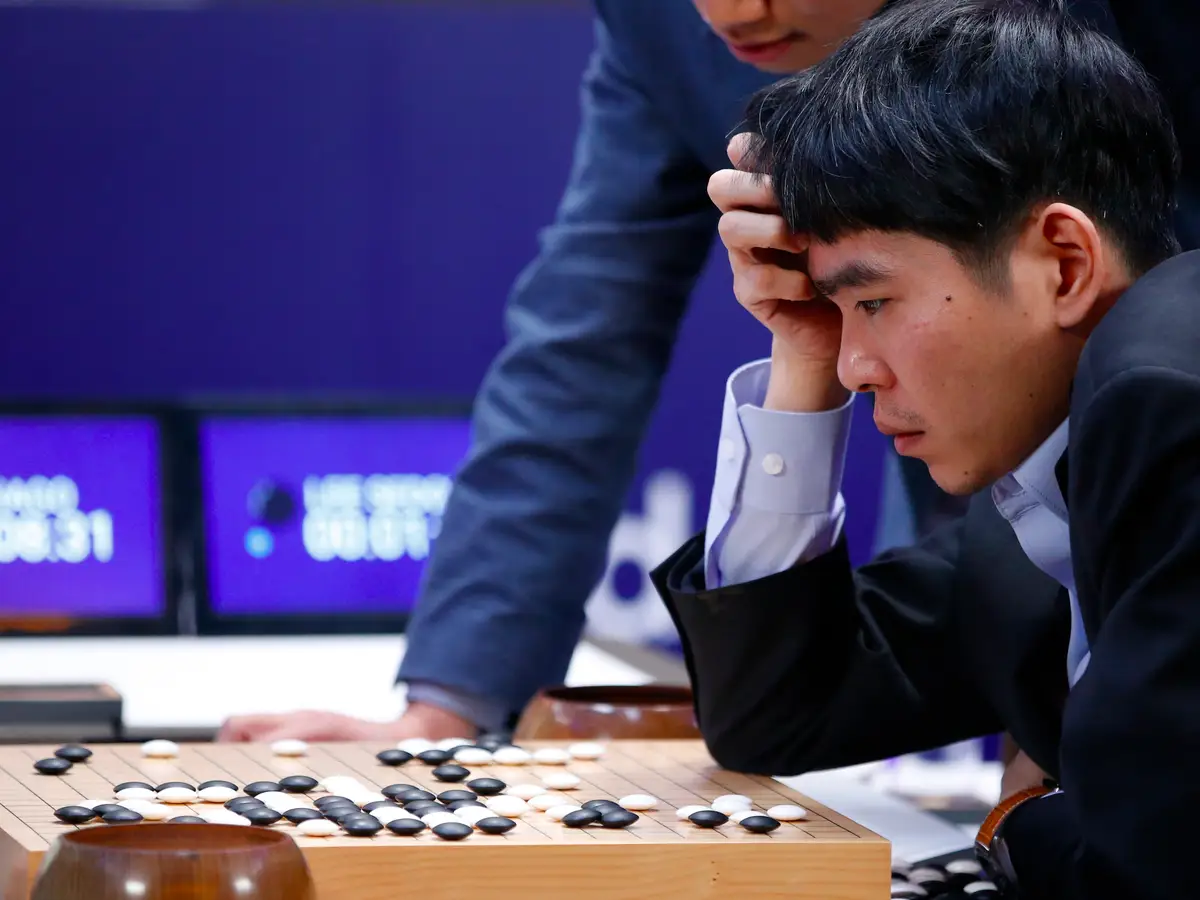
Film Review: AlphaGo
Before the historic match between AlphaGo and Lee Sedol, most experts, including Lee himself, believed AI wasn’t yet capable of defeating a top human player. So when AlphaGo won the first three games of the five-game match, it shocked the world. Had the documentary ended there, it would have been merely an educational film about AI’s advancement. But it became something more emotionally profound when Lee managed to win the fourth game. I found myself tearing up, oddly enough. Lee knew AI would only get stronger from that point on, and indeed, nearly a decade later, no human can beat it. Yet, despite knowing it was futile, he persisted.
The beauty I perceive in the film has two aspects. First, Lee’s defiance in the face of an unbeatable opponent is reminiscent of John Henry, a folklore hero from the 19th century who competed against a steam-powered drilling machine to prove that human labor was superior. Second, it marked a fleeting moment when AI still felt human, imperfect, and fallible. Today, AI’s absolute dominance feels alien, a cold engine of perfection, playing Go on a level beyond human comprehension.
In that fourth game, Lee played what became known as “God’s move,” a move so unexpected it caused AlphaGo to stumble. But ironically, it wasn’t divine, it was the last, greatest human move: imperfect, yet brilliant within human limits. Since then, every move by AI has been effectively a “God’s move,” because they transcend our understanding.
We’re prone to wish for a god, to resolve our conflicts, erase uncertainties, and calm our fears. But in truth, beauty, and what makes life meaningful, lies in the very imperfections and uncertainties that define being human.
Subscribe
I will email you when I post a new article.


